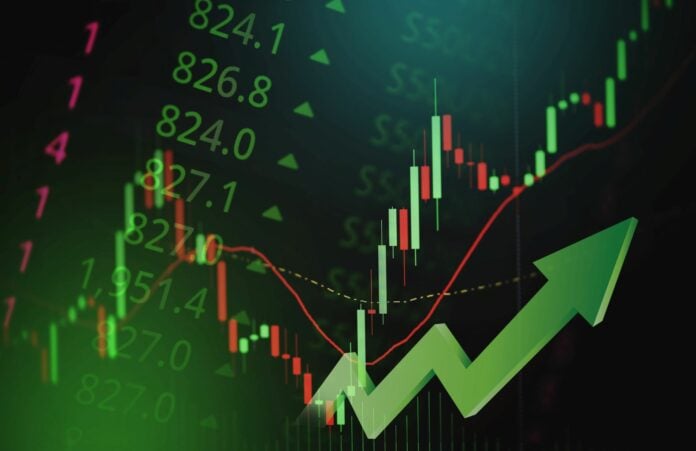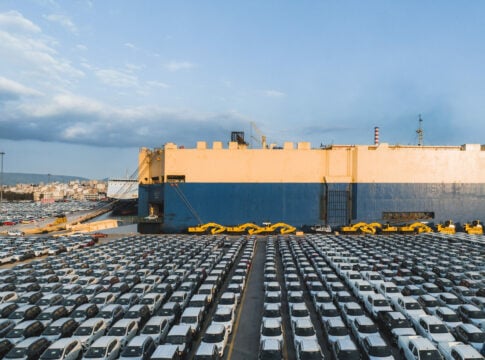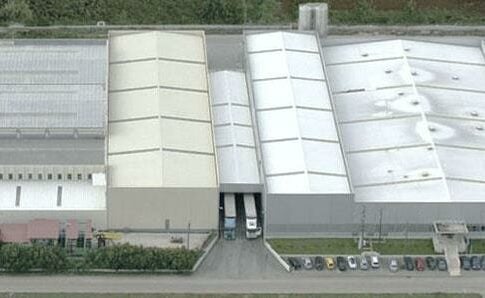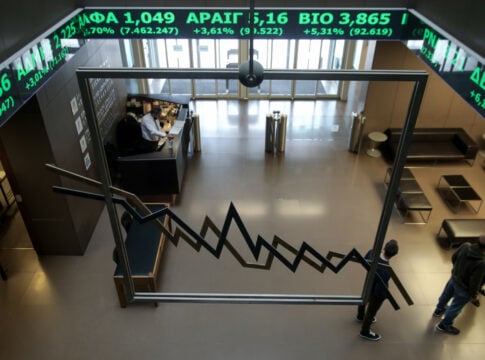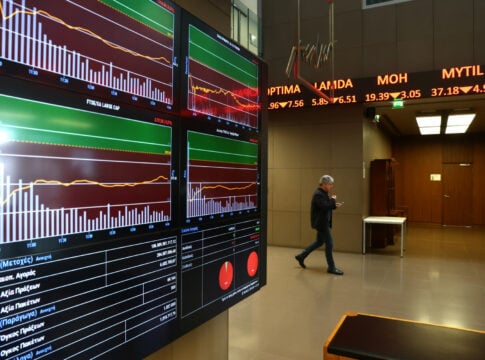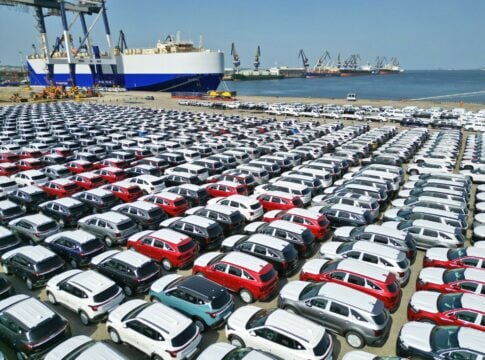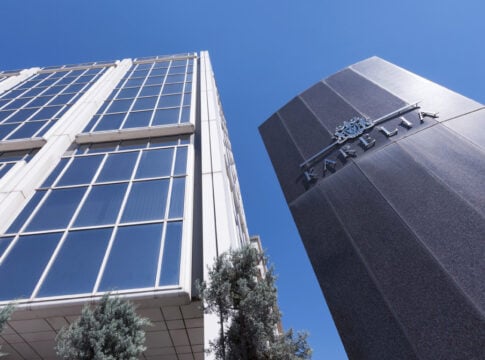Before the end of the first quarter of the year, the Greek State has already covered more than 80% of its annual needs following the latest issue of the 30-year bond. If one also takes into account the bond reissues that are expected to take place in the coming months, one could say that the amount to be raised for 2024 has already been covered.
The issuance of the 30-year bond, for the first time after the recovery of investment grade, was characterized by:
- offers of 33 billion euros, which is the second highest amount raised since 2010. The issue of the 10-year bond in January, when the offers reached 35 billion euros, remains at first place.
- despite strong demand, only 420 million euros ended up in Greek hands. 72% of the transaction was allocated to international investors, mainly from the United Kingdom (42%) – Greece (14%), the Iberian Peninsula and France (8%).
- the transaction was covered mainly by Mutual Fund Managers (54%) and Banks (22%), while Hedge Funds accounted for 9%.
The return to the investment grade, especially after the recent upgrade of the outlook of the Greek economy by the rating agency Standard & Poor’s, has widened the circle of investors who search for high quality bonds. This was also demonstrated when Greece tapped the markets with the issuance of a 10-year bond in January.
At the same time, significant support in terms of investment demand was offered by other positive developments such as the higher primary surplus of 2023 in relation to the budget estimate, the very low financing needs of the country as well as the high cash reserves amounting to 35 billion euros.
The possibility of issuing a “green” bond is open
The increased uncertainty due to the European elections, the continuation of geopolitical tension in the Middle East and Ukraine and the US elections in November seem to be some other factors that led the Public Debt Management Organization (PDMA) to make the move and issue the bond this particular period of time.
It is noted that Greece’s favorable debt repayment profile reduces public debt refinancing risks even with very conservative scenarios and this is another factor that keeps demand high.
Based on the schedule, the possibility of issuing a “green” bond that will finance new projects and investments, mainly in energy, also remains open.


